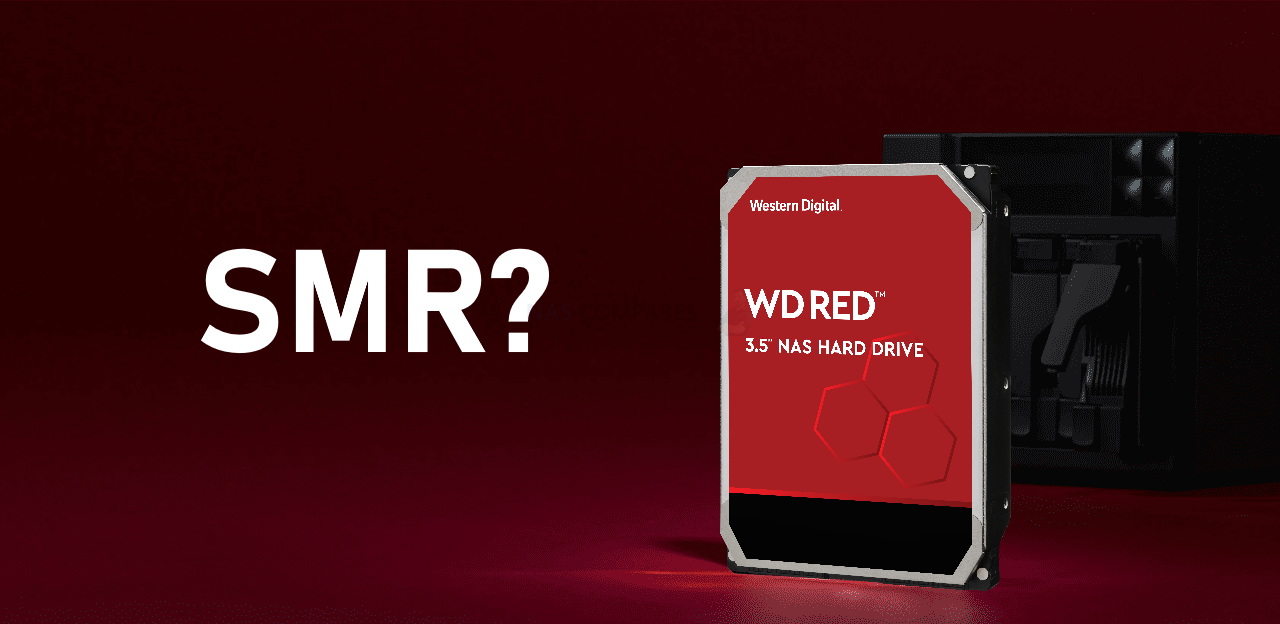And I've watch quite a few seminars and talks on the subject and the engineering oriented presenters universally put down host-aware drive. If the host messes up there's a large performance penalty without warnings or errors from the drive.
The bigger problem for hard drives is that it's too little too late, the performance delta vs SSD is so huge. The WD reds you mention are squarely DM-SMR. The didn't report any zbc capability, and WD wouldn't even say they were SMR are first. The only HA-SMR drive I can find is a 2016 8TB Seagate Archive drive (ST8000AS002).
Originally posted by oiaohm
View Post




Leave a comment: